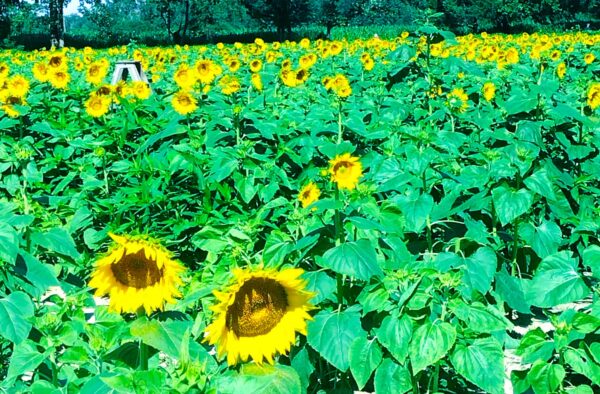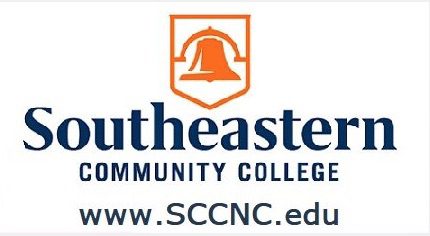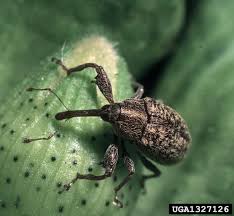The weather is warming up and gardening and lawn activities will soon be in full swing, which may include taking soil samples to be tested for agronomic recommendations for many growers and homeowners.
It is a good idea to test the soil if it has not been tested in the last 2-3 years. Also testing is appropriate when starting a new garden or lawn, planning to purchase topsoil, or if significant amounts of compost have been added. There are no state laws on topsoil quality, so it is best to test topsoil before purchasing.
“With our current turnaround time to receive a soil report being only two weeks from sample submission, now is an excellent time to submit soil samples,” said Jagathi Kamalakanthan, a soil agronomist with the N.C. Department of Agriculture and Consumer Services.
Peak-season soil testing fees are set to expire April 1, and homeowners and community gardeners are encouraged to collect their samples now to be ready to submit them after that date.
The NCDA&CS Agronomic Services continues to implement improvements to better serve growers and homeowners. Upgrades to the website and the customer portal known as PALS, which accesses laboratory services, have helped it to be much more user-friendly with step-by-step instructions and pictorials.
Homeowners are directed to a soil testing page, https://www.ncagr.gov/divisions/agronomic-services/soil-testing/homeowners uniquely designed for them.
A “frequently asked questions” section on the home page is useful for finding answers to many common questions. “Homeowners should understand that a soil analysis is only intended to provide a soil fertility status with recommendations; our lab does not test for pesticides or other soil contaminants,” Kamalakanthan said.
Growers and homeowners are strongly encouraged to submit samples using the online submission through our PALS website. This allows the client to complete the soil submission sheet in the PALS portal and then print a soil submission sheet that is required to accompany samples. We also recommend printing an extra copy for your records, Kamalakanthan said.
Information for online soil submissions and accessing reports is found at https://apps.ncagr.gov/PALS/. A link on the Agronomic Services homepage for PALS is provided.
If a customer previously submitted samples online, a unique PALS account number will be assigned to each customer. Providing this number on the submission sheet is highly encouraged to help the lab easily identify the client. Landscapers are required to provide their information as advisors and submit a soil submission sheet for each of their unique clients with full name and customer contact information.
Clients who do not want to use online submission can find fillable submission forms on the website. Clients must complete all required fields including name, address, phone number, email address, county and payment method if the peak-season fee is in place.
Information provided on the soil sample box needs to match what is on the submission sheet. Each soil box should be filled to the red line on the box to ensure sufficient soil to process.
To avoid damage to samples when shipping, use a sturdy shipping box and thoroughly package boxes to avoid movement during transit. Do not send soil samples in flat mailers or envelopes since the soil box will be crushed. Before shipping, make sure the shipment includes all boxes and completed submission forms, plus retain a copy of the submission form for personal records.
A full list of lab services can be found by visiting the division’s website at https://www.ncagr.gov/Divisions/Agronomic-Services. Contact the Agronomic Services Division at 919-664-1600 with any questions.







